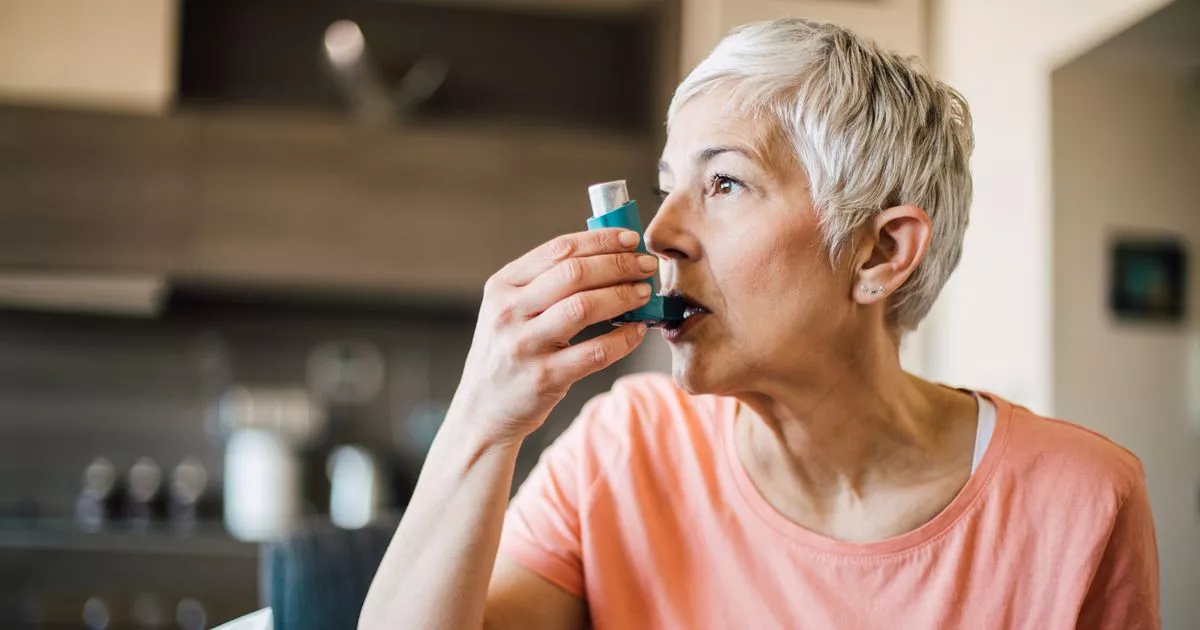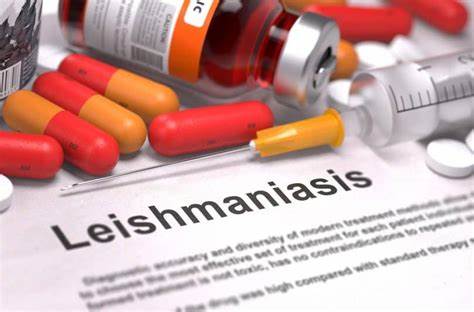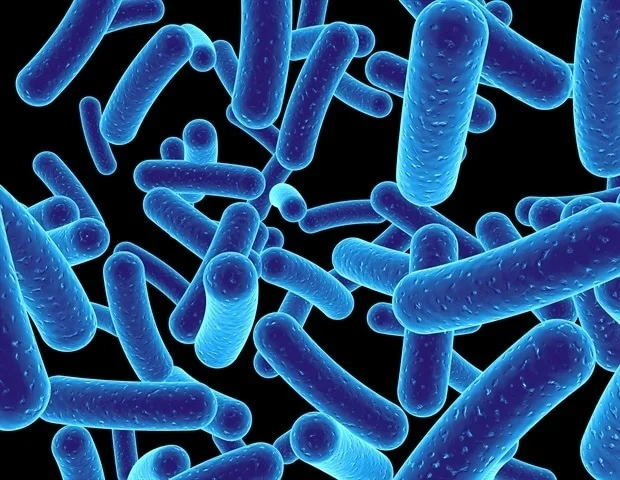Premenstrual syndrome (PMS) is a condition primarily associated with physical, emotional, and behavioural symptoms during women’s menstruation. It has been estimated that 74.4% of menstruating women are affected mainly by PMS in India. PMS is distinguished by over 150 clinical symptoms, including breast pain, headache, backache, irritability, depression, food cravings, and irritable bowel syndrome during the luteal phase of menstrual cycles. Anxiety, depression, acne, weakness, and headaches are common symptoms of PMS. Symptoms appear primarily in women between 25 and 35 years old, although symptoms may be observed at any age between adolescence and menopause.
The pathogenesis of PMS is not fully understood. The best-known concept is the presumed role of circulating gonadal steroids in developing PMS symptoms, as suppression of ovulation benefits PMS. However, cyclic changes in ovarian steroids do not appear to be the only cause of PMS symptoms, as daily serum progesterone and estrogen concentrations are similar in women with and without PMS. It indicates that PMS might be associated with enhanced responsiveness to varying concentrations of these hormones.
Unfortunately, PMS affects the quality of life by interfering with daily activities like school, work, or socialising. Thus, subsidising symptoms becomes the primary goal of managing PMS. Treatment options for PMS include hormonal therapy, antidepressants, and lifestyle changes. Choosing an appropriate treatment option is further complicated by serious side effects. Thus, most people have shown interest in nutraceuticals due to their potential nutritional, safe, and therapeutic effects. Supplements such as vitamin B6, calcium, vitamin D, and magnesium are less studied alternative treatment options for PMS. With current treatment options lacking efficacy and safety, more research into alternative treatments for PMS management is required. Evening primrose oil (EPO) is one of the treatment options that have been reported to be beneficial for PMS.
Evening primrose oil, with the commercial name “EPO,” is a valuable fixed oil extracted from the O. biennis seeds. EPO contains both linoleic acid (60-80%) and -linoleic acid (8-14%) omega-6 fatty acids. These are essential fatty acids that are not synthesised in the body. It is a widely used natural remedy for the management of PMS symptoms such as breast soreness, mood swings, and irritability.
Essential fatty acids present in EPO help in prostaglandin synthesis, which has anti-inflammatory and immune-regulating properties and can reduce the symptoms of PMS. It is assumed that EPO leads to increased levels of gamma-linolenic acid (GLA) and dihomo—linoleic acid (DGLA) in the blood, thereby producing anti-inflammatory responses. A few studies in humans have also shown that GLA supplementation significantly increases the synthesis of the anti-inflammatory PGE1. Studies say that prostaglandin E1 (PGE), derived from dietary essential fatty acids, can minimise the biological effects of prolactin, which has an outsized impact in the absence of PGE. Treating PMS with EPO for at least six weeks reduces mood symptoms, the feeling of illness, and breast pain.
According to studies, a daily intake of 2 mg of primrose oil over a three-month treatment period can reduce breast pain more than any other PMS symptoms. EPO remarkably reduces anxiety, fatigue, and depression after the first treatment cycle. Moreover, EPO showed better efficacy in managing the symptoms of PMS when compared to Vitamin E supplementation. The therapeutic effectiveness of evening primrose oil in the management of PMS is the subject of many clinical trials. 180 mg/d of -linoleic acid reduced the severity and duration of PMS in one study.
Dr Anish Desai is MD, Clinical Pharmacologist and Nutraceutical Physician, Founder and CEO IntelliMed Healthcare Solutions.












